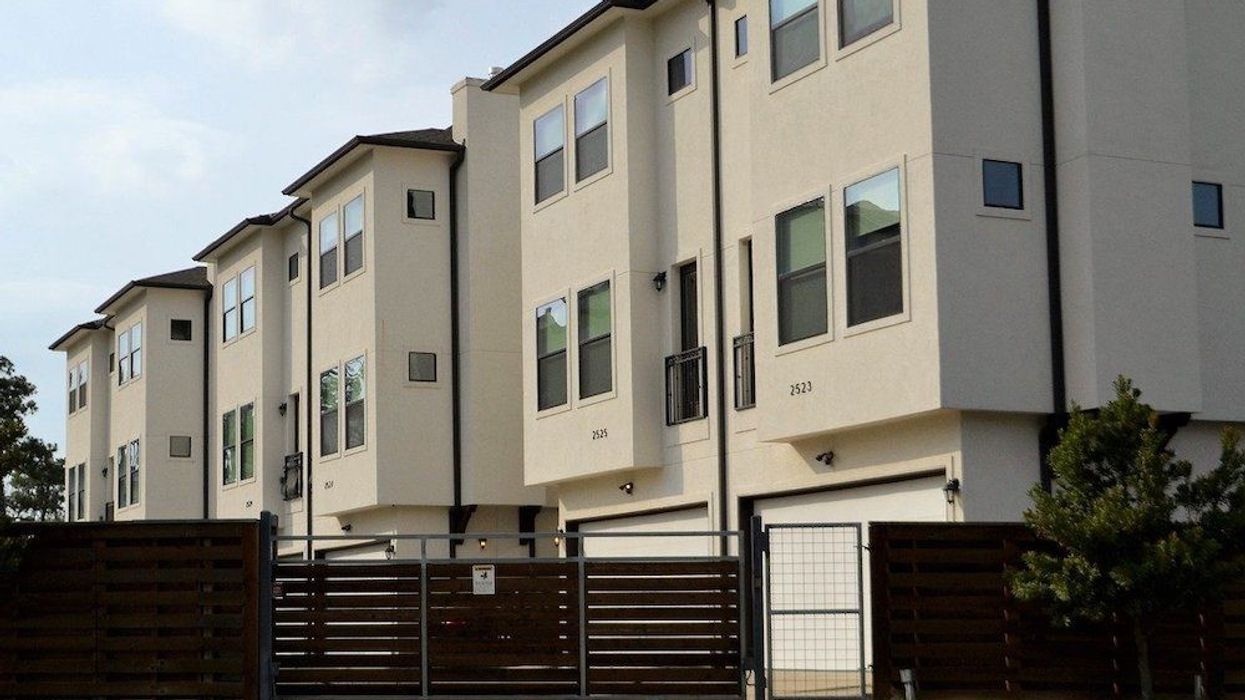Ottawa isn’t scoring points on the affordable housing front.
In a report published earlier this week by parliament’s budget watchdog, Parliamentary Budget Officer Yves Giroux says the Canadian government is falling short of its goal to expand the country’s affordable housing stock.
Yet, they’ve increased spending in the billions.
The less-than-inspiring report outlines how the $72.5-billion 10-year National Housing Strategy is not having the impact it promised when it was ambitiously rolled out in 2017.
According to Giroux, Ottawa has amped up the spending on its National Housing Strategy by almost one quarter, for an average of $3.7 billion per year over the past three years. “This represents a $1.2 billion per year (50%) increase in nominal spending, when compared with the 10-year historical average,” reads the report. “Average planned spending is driven up by time-limited programs implemented in response to COVID-19, like the Rapid Housing Initiative.”

However, thanks to higher price tags on affordable homes, expired community housing contracts with the provinces, and program delays at the Canada Mortgage and Housing Corporation (CMHC) – who overseas most of the three-year strategy – the impact of the government’s plan hasn’t been as strong as planned.
Giroux points to the fact that funding for low-income households at “only $192 million per year,” represents a 15% decline in the “real purchasing power of federal spending.”
Thanks to this, and the end of operating contracts with the provinces, the country saw a 183,019 (42%) reduction on the number of low-income community housing units supported under bilateral agreements between 2015 and the baseline established by CMHC’s new bilateral agreements, says Giroux.
Furthermore, Giroux highlights that CMHC’s capital contribution programs have been met with implementation delays, resulting in the corporation spending less than half the funding over the first three years allocated to the National Housing Co-Investment Fund and the Rental Construction Financing Initiative.
“We project that in the absence of additional spending, the number of households in housing need would have increased to approximately 1.8 million households by 2025,” reads the report.
With a federal election looming (and Adam Vaughan's announcement that he won't be running), we're about to hear a lot more on the affordable housing issue.





















